How Do Vegans Get B12?

What should vegans know about vitamin B12?
What is B12 and why aren’t we getting enough?
Vitamin B12 is not made by plants or animals but by microbes that blanket the earth. In today’s sanitized, modern world, the water supply is commonly chlorinated to kill off any bacteria.
So, while we don’t get much B12 in the water anymore, we don’t get much cholera, either, which is a good thing!—Dr. Michael Greger

Animals obtain vitamin B12 by eating foods that are covered in soil and bacteria.
When a cow eats grass, it pulls up many of the soil-covered roots, which then allow B12 to be absorbed into the intestinal tract.
People who eat animal products, such as meat and dairy, get traces of B12 by eating the flesh of the animals that absorb it from the dirt.
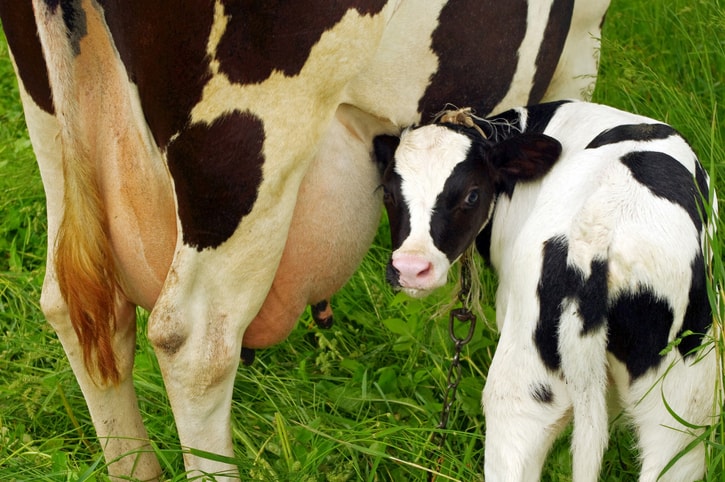
Primates, indigenous societies, and prehistoric populations never got cobalamin (B12) deficiency because they didn’t have the advanced hygiene techniques that we have today, even if they were eating a plant-based diet.
Their food had enough vitamin B12–containing bacteria on the surfaces to meet their needs.
Humans, unlike other members of the animal kingdom, take great care to clean, wash, and cook their foods, which reduces the vitamin B12 content of any plant foods we may eat.–Shivam Joshi, MD
One in six meat-eaters is vitamin B12 deficient
B12 deficiency is often perceived as directly associated with veganism, however, multiple studies confirm that deficiency concerns are not limited to those that are plant-based.
In fact, researchers have found that nearly 40 percent of people in the US are deficient in this nutrient.
The Framingham Offspring Study examined the B12 status of 2,999 omnivores, ages ranging from 26–83 and found that 39% of study participants had blood levels of vitamin B12 in the ‘low normal’ to the deficient range.
Study participants with the highest B12 levels were not the meat-eaters, but the ones taking supplements and eating the most fortified foods such as breakfast cereals.
Some medical issues such as Crohn’s disease, pernicious anemia, and atrophic gastritis can interfere with B12 absorption. For those with these conditions, doctors may recommend injectable forms of B12, which do not require gastrointestinal absorption.
B12 deficiency symptoms can be serious
Vitamin B-12 (cobalamin) is a water-soluble vitamin that plays essential roles in red blood cell formation, cell metabolism, nerve function and the production of DNA.
Left untreated, a vitamin B-12 deficiency can lead to anemia, fatigue, muscle weakness, intestinal problems, nerve damage and mood disturbances.—The Mayo Clinic
Deficiency symptoms include:
- loss of energy
- tingling
- numbness
- reduced sensitivity to pain or pressure
- blurred vision
- abnormal gait
- sore tongue
- poor memory
- confusion
- hallucinations
- personality changes
Vitamin B12 level chart – Global Healing Center
| 180-914 ng/L | Normal high/low range |
| 450+ ng/L | Healthy/Optimal |
| 180-400 ng/L | Conditionally low levels |
| 150-180 ng/L | Low levels where disease symptoms start |
What vegan foods are high in B12?
Fortunately, vitamin B12 deficiency can easily be prevented.
This nutrient can be found in fortified foods such as:
- breakfast cereals
- plant milk like almond, soy, rice, etc (brands vary so check the labels)
- nutritional yeast (check the label)
Yet, the simplest and most reliable way to ensure adequate amounts of B12 is to take an oral supplement.
It is possible to get sufficient amounts from B12-fortified foods, but we would have to eat three servings a day of foods each providing at least 25 percent of the Daily Value (on the Nutrition Facts label), with each serving eaten at least four to six hours after the last.
For B12-fortified nutritional yeast, for example, two teaspoons three times a day would suffice. For most of us, though, it would probably be cheaper and more convenient to just take a supplement.–Dr. Michael Greger
The usual supplemental dose of vitamin B12 for the average person is 250 micrograms a day or 2,500 micrograms a week. PURE encapsulation (pictured below) is the B12 supplement recommended by the non-profit integrative healthcare practice and research organization, True North Health Center, founded by Drs. Alan Goldhamer and Jennifer Marano.
Different opinions on the best formulation of Vitamin B12
There are 4 common forms of B12 and differing opinions on which is best for supplementation.
Three natural forms of vitamin B12 are commercially available:
- methylcobalamin (MeCbl)
- adenosylcobalamin (AdCbl)
- hydroxocobalamin (OHCbl)
The fourth form is cyanocobalamin (CNCbl). This is a synthetic B12 compound sold commonly as supplements and used for food fortification.
Dr. John McDougall says, “My recommendation is to take the hydroxyl, methyl, and/or adenosyl forms (not the cyano form due to the toxicity from chronic cyanide accumulation).”
Dr. Michael Gregor with NutritionFacts.org states, “For adults under age 65, the easiest way to get B12 is to take at least one 2,500 mcg supplement each week or a daily dose of 250 mcg. Note that these doses are specific to cyanocobalamin, the preferred supplemental form of vitamin B12, as there is insufficient evidence to support the efficacy of the other forms, like methylcobalamin.”
Alan Goldhamer, D.C. and Jennifer Marano, D.C with True North Health Center, “We recommend that all vegans consume 1000 mcg per day of vitamin B12 in the form of methylcobalamin in order to ensure that adequate vitamin B12, an essential nutrient, is present.”
Dr. Tom Campbell, MD (son of Dr. Colin Campbell, author of The China Study), from T. Colin Campbell Center of Nutrition Studies states, “Personally, I don’t really advise any particular form. You can take cyanocobalamin or methylcobalamin. Both have been shown to increase B12 levels.”
How much supplement should you take?
True North Health Center recommends:
“For people without a deficiency, 1000 mcg. per day (vegan capsule or liquid) should be sufficient to maintain most individual’s serum B12 levels and body reserves. For those with a known deficiency, a consultation with a Hygienic physician is indicated. However, in most cases, this problem can be readily addressed with oral supplements without resorting to the injection of vitamin B12.”
Dr. John McDougall says:
“If you are an otherwise healthy vegan and are using typical dosages of B12 (500 micrograms or more per pill), a weekly dose of this vitamin will be more than sufficient.”
Personally, due to the wide difference in opinion, I would suggest having levels checked and supplementing accordingly.
So what’s the bottom line
Vitamin B12 is an important and necessary nutrient. However, animal foods are not the best source due to cholesterol, saturated fat, and the negative health effects of animal protein.
Everyone--even meat-eaters— should monitor their vitamin B12 levels and ensure they have a reliable source by taking a vitamin supplement.
Avoiding vitamin B12 deficiencies is easy and inexpensive, and it is something we should all be mindful of.
The short video below will help answer more questions on this subject.
- Disarming Diabetes with a Plant-Based Diet
- Healthiest Foods to Eat Daily
- Scientific Research Suggests Milk Does NOT do the Body Good
About Terri Edwards
Hi guys! I am the content creator behind EatPlant-Based and a licensed Food for Life instructor with the Physicians Committee for Responsible Medicine. I am passionate about sharing healthy recipes and tips to empower others to get healthy. I’m so glad you’re here! Read More…

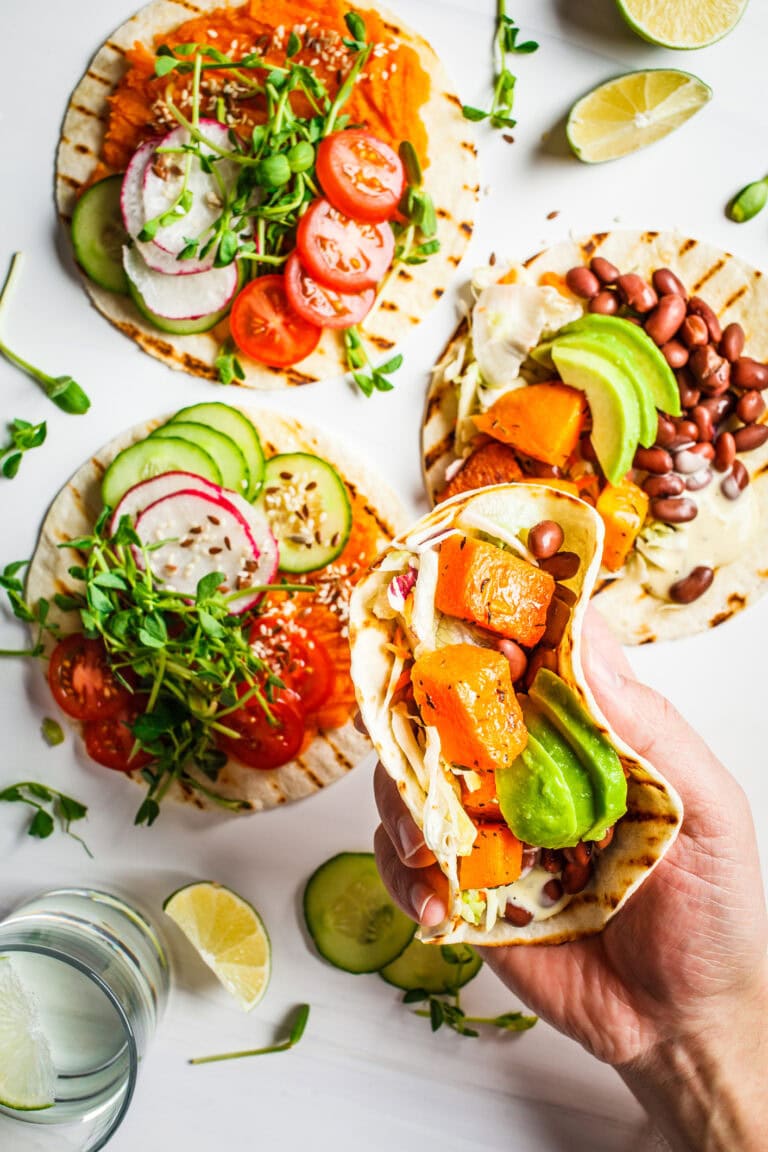
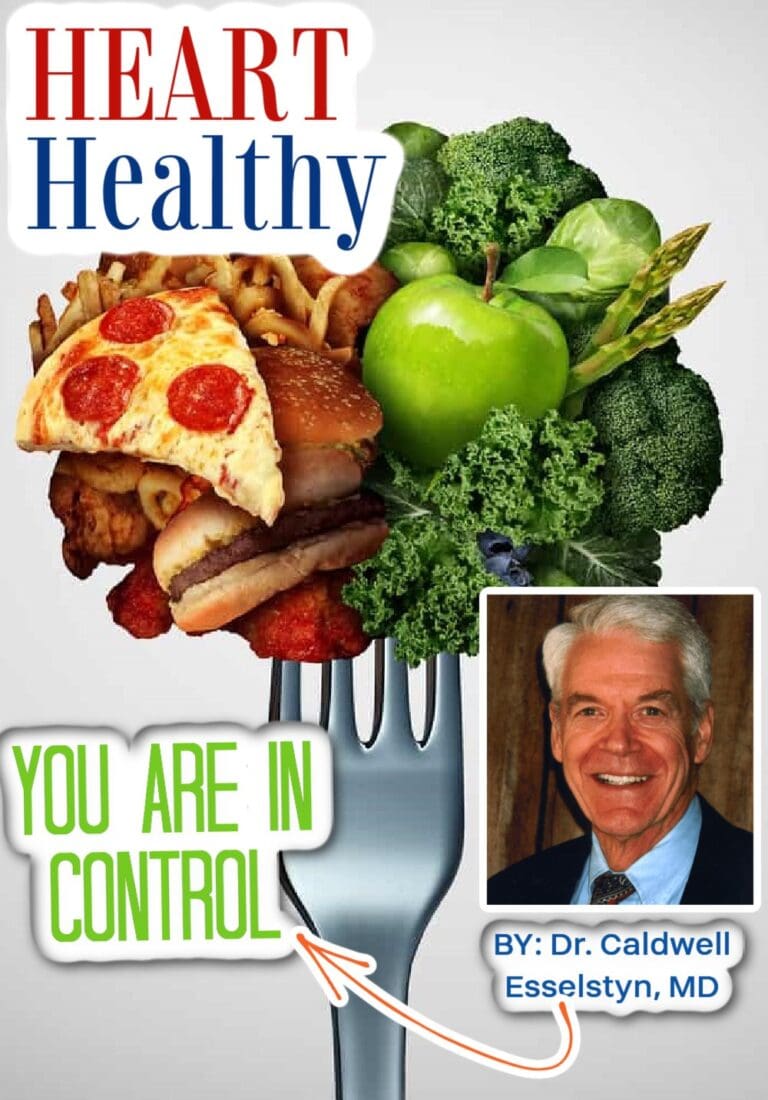
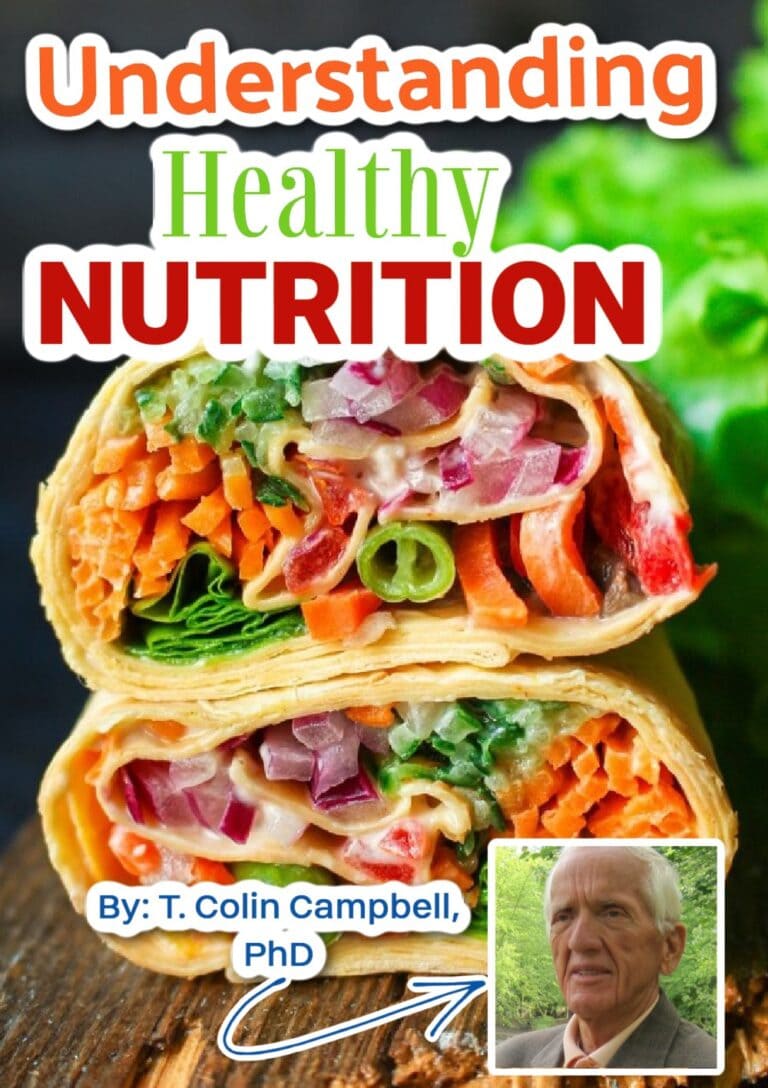
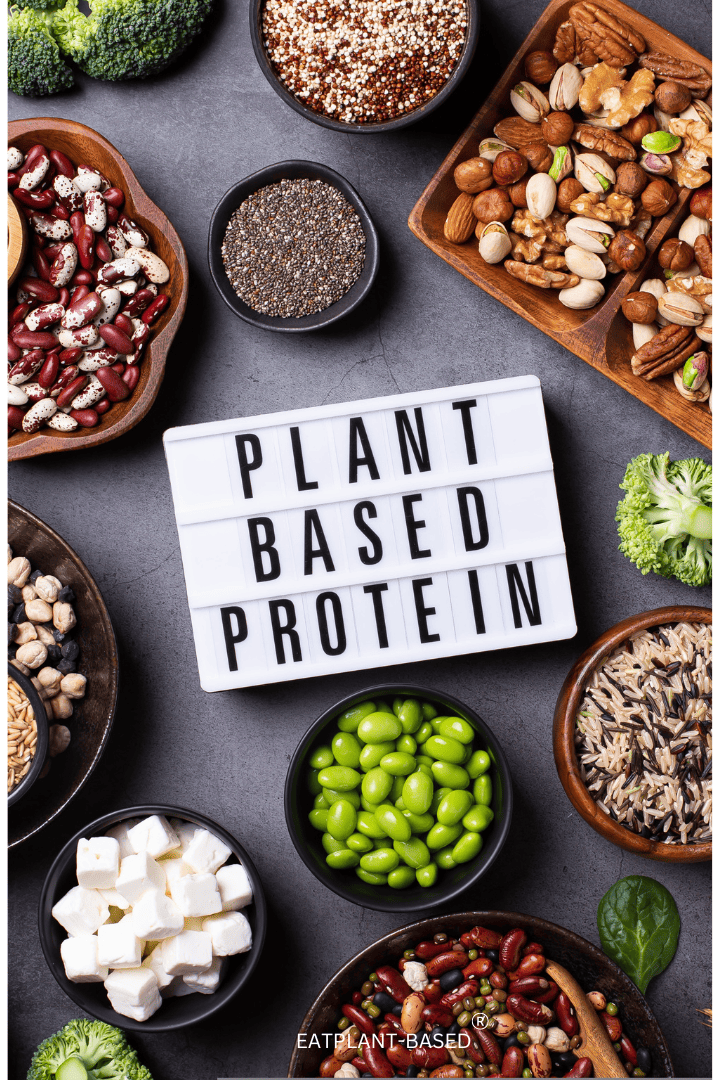
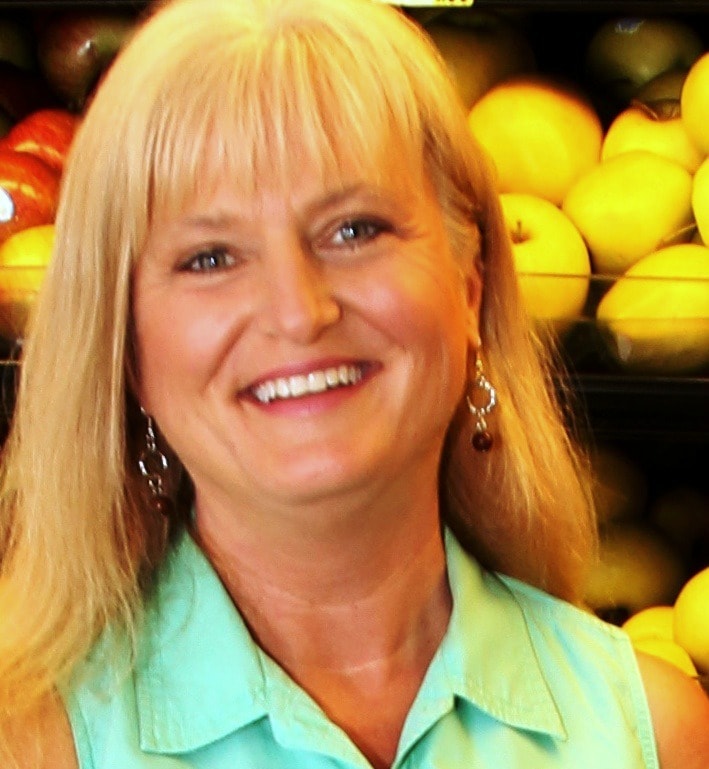


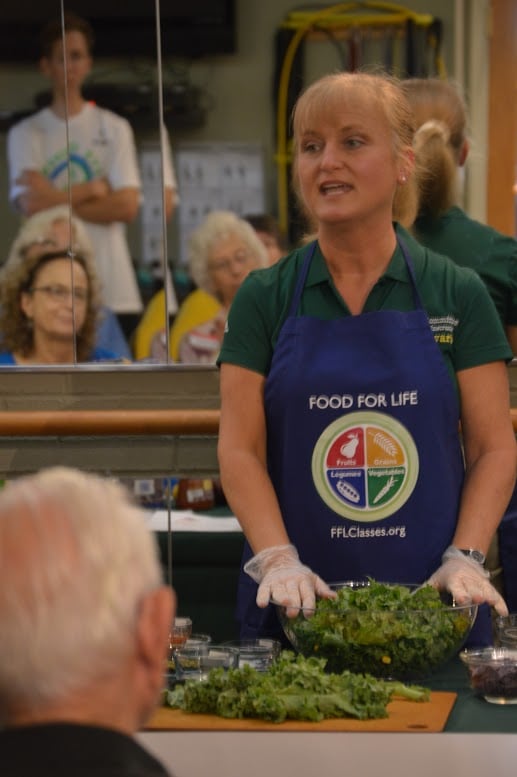

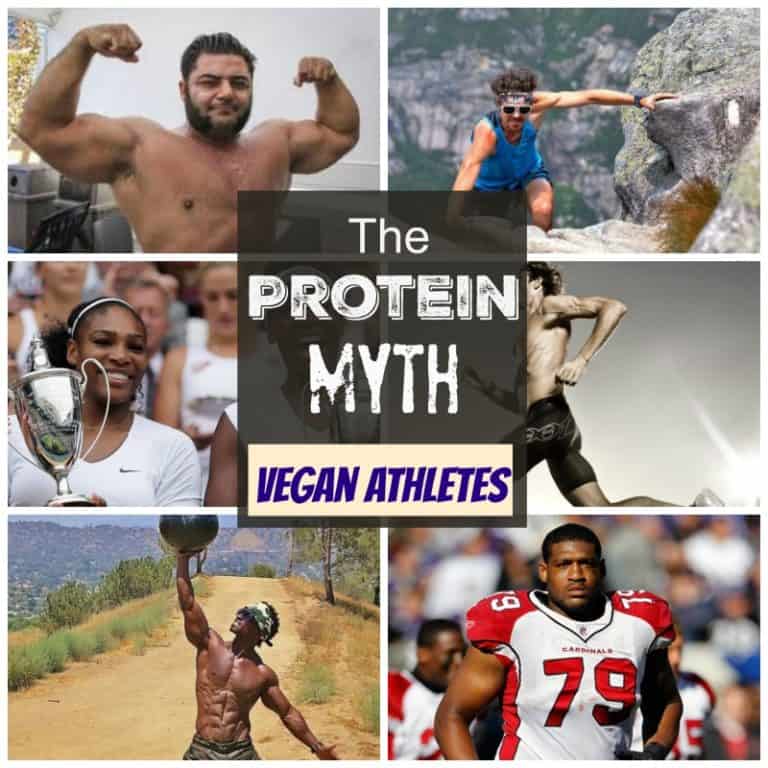
Saguaro cactus fruit is packed with b12 🌵 Tempeh, kimchi, Sauerkraut, kombucha, nori seaweed, shiitake mushrooms, water lentils (duckweed) all have naturally occurring b12 🌱
Multiple article that I have read and research I have done say Cyanocobalamin B12 is the supplement to take. The articles do not recommend Methylcobalim. Reference Dr Gregor B12 . Both types are referenced.
You may want to research B12 Supplements for yourself.
There are different opinions on the best formulation of Vitamin B12.
There are 4 common forms of B12, and differing opinions on which is best for supplementation.
Three natural forms of vitamin B12 are commercially available:
methylcobalamin (MeCbl)
adenosylcobalamin (AdCbl)
hydroxycobalamin (OHCbl)
The fourth form is cyanocobalamin (CNCbl). This is a synthetic B12 compound sold commonly as supplements and used for food fortification.
Dr. John McDougall says, “My recommendation is to take the hydroxyl, methyl, and/or adenosyl forms (not the cyano form due to the toxicity from chronic cyanide accumulation).”
Dr. Michael Gregor with NutritionFacts.org states, “For adults under age 65, the easiest way to get B12 is to take at least one 2,500 mcg supplement each week or a daily dose of 250 mcg. Note that these doses are specific to cyanocobalamin, the preferred supplemental form of vitamin B12, as there is insufficient evidence to support the efficacy of the other forms, like methylcobalamin.”
Alan Goldhamer, D.C. and Jennifer Marano, D.C with True North Health Center, “We recommend that all vegans consume 1000 mcg per day of vitamin B12 in the form of methylcobalamin in order to insure that adequate vitamin B12, an essential nutrient, is present.”
Dr. Tom Campbell, MD (son of Dr. Colin Campbell, author of The China Study), from T. Colin Campbell Center of Nutrition Studies states, “Personally, I don’t really advise any particular form. You can take cyanocobalamin or methylcobalamin. Both have been shown to increase B12 levels.”
Thank you for your wonderful article. The brand of B12 you recommend is 1,000 mcg per capsule, & the label says to take 1 to 3 daily with meals. However you state that 2,500 mcg per week is ideal. I am wondering if 3 capsules per week would be best? I appreciate your help in clearing my confusion.
Debra, that’s a good question.
This is what True North Health Center says, “For people without a deficiency, 1000 mcg. per day (vegan capsule or liquid) should be sufficient to maintain most individual’s serum B12 levels and body reserves. For those with a known deficiency, a consultation with a Hygienic physician is indicated. However, in most cases, this problem can be readily addressed with oral supplements without resorting to the injection of vitamin B12.”
Dr. John McDougall says, “If you are an otherwise healthy vegan and are using typical dosages of B12 (500 micrograms or more per pill), a weekly dose of this vitamin will be more than sufficient.”
Personally, due to the wide difference in opinion, I would suggest having levels checked and supplementing accordingly.
Thank you for your response Terri. I will follow your advice to get my levels checked & supplement accordingly.